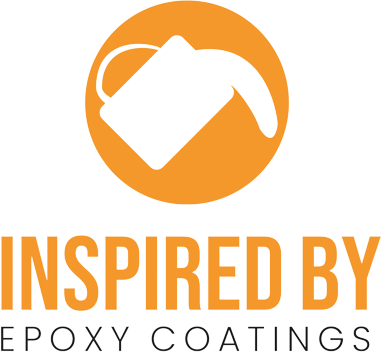Concrete Sealing
Eastgate Concrete Contractor in Grand Rapids, Michigan, provides top-notch concrete sealing services to protect and enhance the longevity and appearance of your concrete surfaces. Whether you need to seal your residential driveway, commercial parking lot, or any other concrete surface, our skilled professionals use premium-quality sealants and state-of-the-art equipment to ensure a flawless finish that can withstand harsh weather conditions and heavy traffic.
With our extensive experience and commitment to customer satisfaction, you can trust us to deliver exceptional results that exceed your expectations. Contact us today to get started with a free quote on concrete sealing.
Concrete Sealing Grand Rapids, Michigan
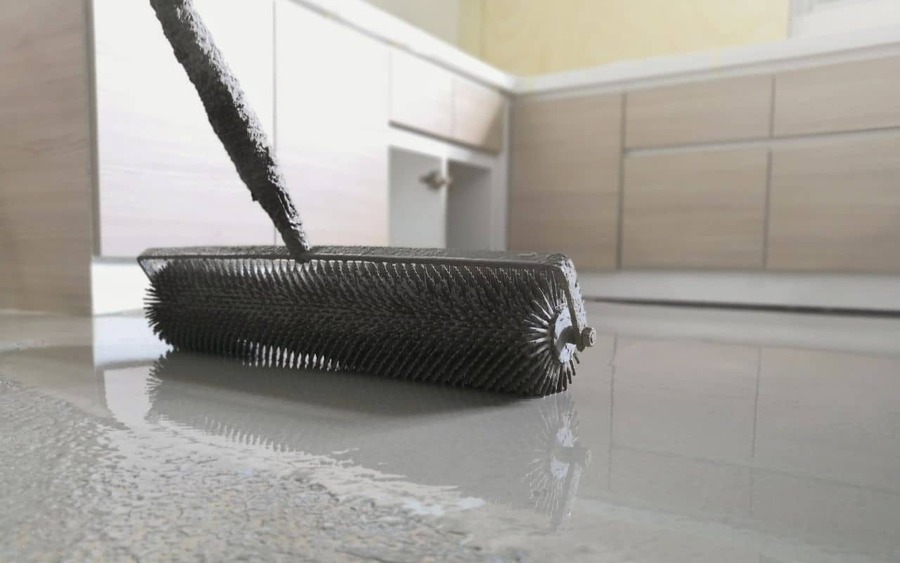
Residential Concrete Sealing
Residential concrete sealing is a process of applying a protective coating on concrete surfaces to prevent moisture, stains, and other contaminants from penetrating the material and causing damage. The chemical makeup of concrete sealers typically includes a combination of acrylics, epoxies, polyurethanes, and other additives that provide durability, UV resistance, and adhesion. Common areas of application for residential concrete sealing include driveways, sidewalks, patios, and pool decks. Homeowners can also apply concrete sealers to protect their basement floors, garage floors, and other interior concrete surfaces from moisture and stains.
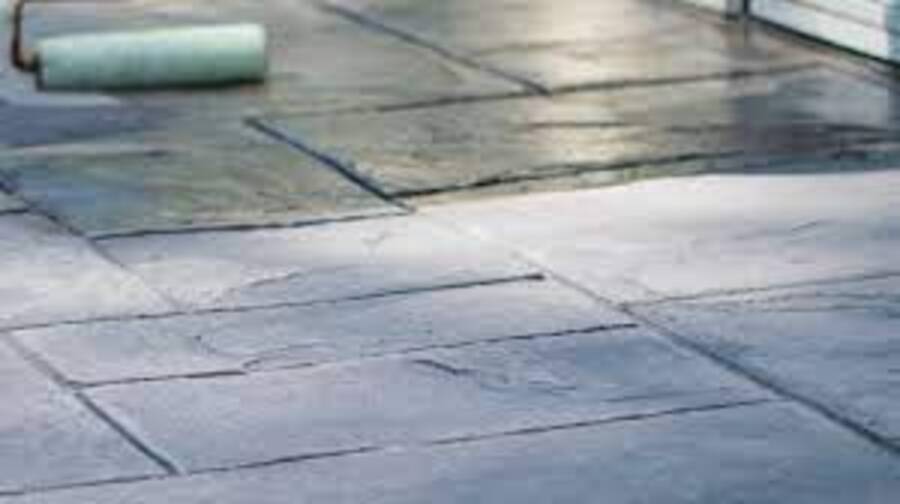
Commercial Concrete Sealing
Commercial concrete sealing is a process of applying a protective coating on concrete surfaces in industrial or commercial settings to increase the durability and lifespan of the material. The chemical makeup of commercial concrete sealers is similar to those used for residential applications, but may also include specialized additives for specific industries, such as oil and gas, food and beverage, or healthcare. Common industries that use commercial concrete sealing include warehouses, manufacturing facilities, hospitals, hotels, and retail stores. Commercial concrete sealers have unique characteristics, such as high resistance to abrasion, chemicals, and heavy loads, making them suitable for high-traffic areas such as loading docks, driveways, and parking garages.
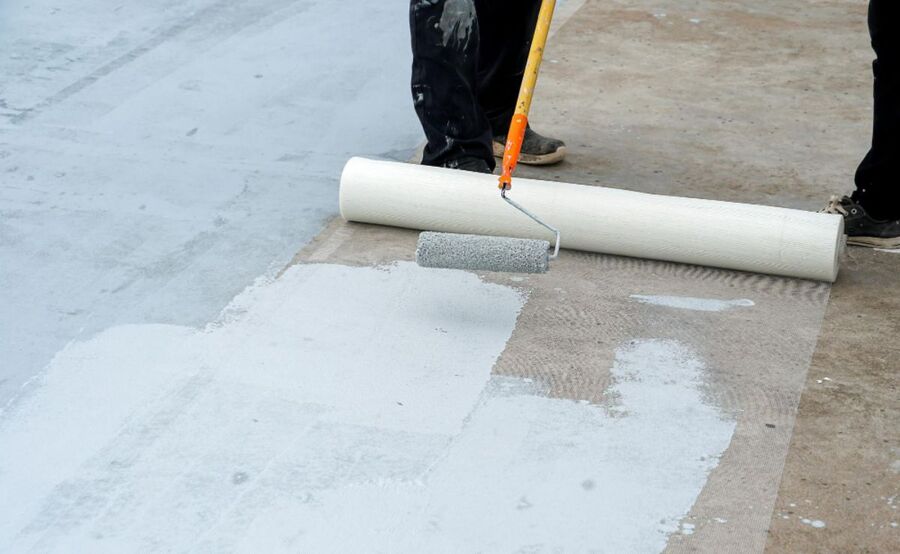
Industrial Concrete Sealing
Industrial concrete sealing has been used for many years to protect and enhance concrete surfaces in factories, warehouses, and other industrial settings. The history of concrete sealing dates back to the early 1900s when industrialization and mass production created a need for more durable and longer-lasting building materials. Concrete emerged as a popular choice for industrial flooring due to its strength, affordability, and resistance to heavy loads and abrasion. However, concrete is also porous, which makes it susceptible to water, chemicals, and other contaminants that can weaken its structural integrity and cause safety hazards. Industrial concrete sealing addresses these issues by creating a protective barrier that seals the surface of the concrete and prevents the penetration of moisture, chemicals, and other contaminants.
Why Choose Concrete Sealing?
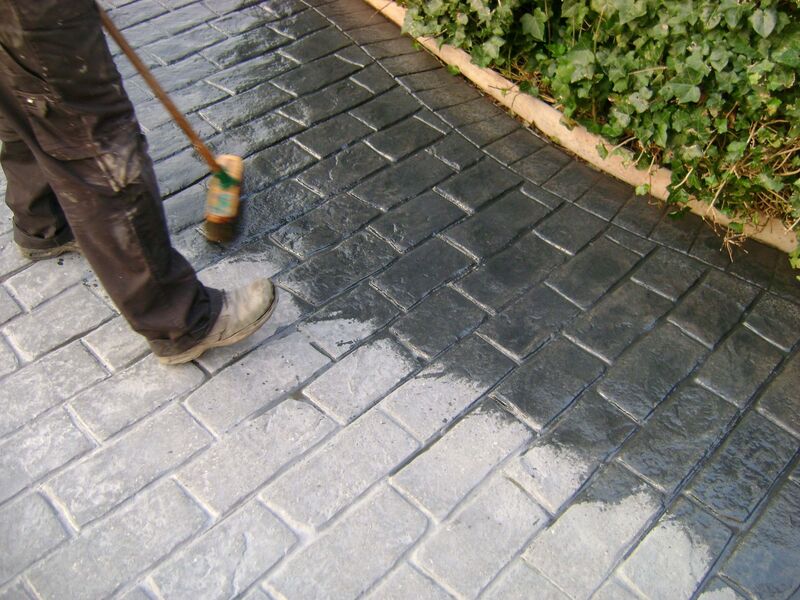
- Provides protection against water damage, chemicals, and other contaminants
- Extends the lifespan of concrete surfaces
- Reduces maintenance costs and improves long-term durability
- Enhances the appearance of concrete surfaces with decorative finishes
- Increases safety by creating a non-slip surface and reducing tripping hazards
- Complies with regulatory standards for industrial and commercial settings
- Resists abrasion and heavy traffic in high-traffic areas
- Increases property value by improving the appearance and functionality of concrete surfaces
- Prevents the growth of mold, mildew, and bacteria, improving hygiene in food processing areas and other industries
- Improves indoor air quality by reducing the release of dust and other particles from untreated concrete surface
Concrete Sealing in Hospitality Settings
Concrete sealing is an ideal solution for hospitality settings such as hotels, restaurants, and resorts that require high-quality flooring that can withstand heavy traffic and spills. By applying a protective coating, concrete surfaces become more durable and resistant to scratches, stains, and chemicals, making them easier to clean and maintain. Concrete sealers can also enhance the appearance of concrete surfaces by creating a glossy or matte finish and adding decorative effects such as color and patterns.
Concrete Sealing in Medical Settings
Concrete sealing is a valuable solution for medical settings such as hospitals, clinics, and laboratories requiring high hygiene and safety standards. By sealing concrete surfaces, the risk of bacterial growth, mold, and mildew is reduced, creating a cleaner and safer environment for patients and staff. Concrete sealers can also resist chemicals and stains, making them ideal for medical facilities that use harsh disinfectants and cleaners. In addition, concrete sealers can provide a non-slip surface to prevent slip and fall accidents.
Decorative Concrete Sealing Options
Decorative concrete sealing is a popular solution for homeowners and businesses that want to enhance the appearance of their concrete surfaces with unique and customized finishes. Decorative concrete sealers are available in a range of colors, textures, and patterns, allowing for endless design possibilities. Some common decorative finishes include stamped concrete, acid staining, and colored dyes. Stamped concrete involves pressing a pattern or texture onto the surface of the concrete while it is still wet, creating the appearance of brick, stone, or other materials.
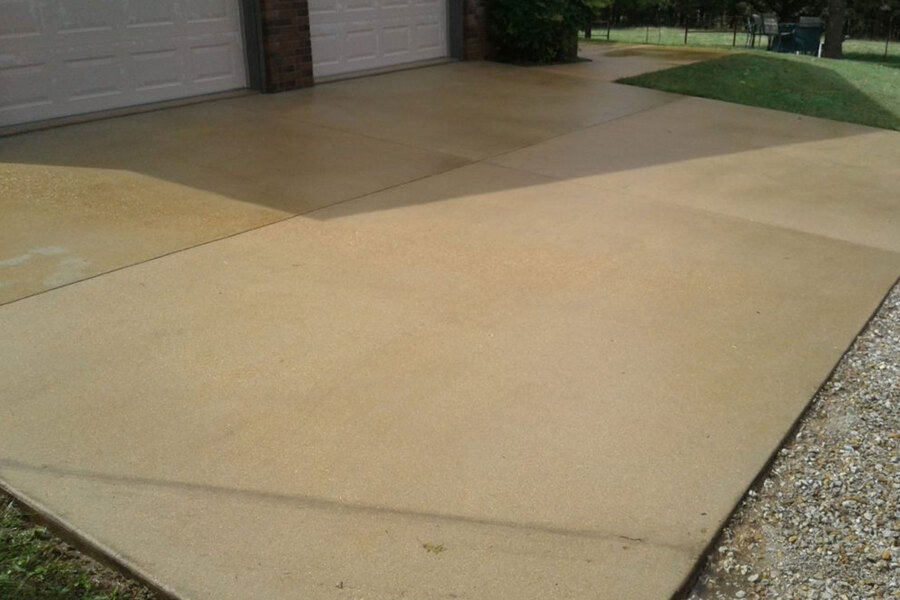
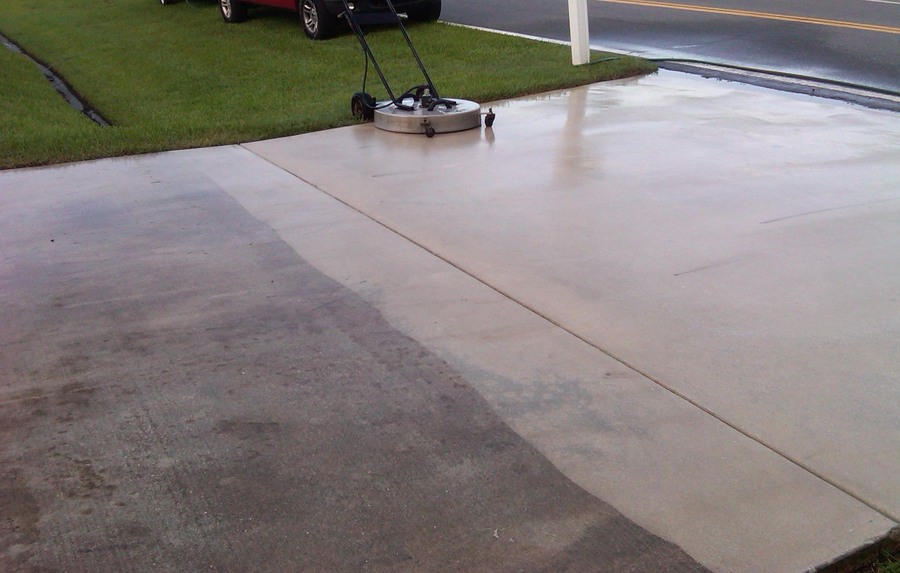
Learn the Concrete Sealing Process
Proper maintenance of sealed concrete is essential to ensure its longevity and effectiveness. Regular cleaning, inspections, and resealing are necessary to prevent damage from moisture, UV rays, and wear and tear. One common type of concrete sealer is epoxy, known for its durability, chemical resistance, and low maintenance requirements. However, even epoxy-sealed concrete requires proper care to maintain its appearance and functionality. Here are some tips for maintaining epoxy-sealed concrete.
- Clean the surface regularly with a mild detergent and water to remove dirt, stains, and debris. Avoid using abrasive cleaners or tools that can scratch the surface.
- Inspect the surface periodically for signs of damage, such as cracks, chips, or peeling. Address any issues promptly to prevent further damage.
- Reseal the surface as needed, typically every 2-5 years, depending on the type of sealer and the usage level. Follow the manufacturer’s recommendations for reapplication.
- Use mats or rugs in high-traffic areas or areas with heavy furniture to protect the surface from scratches and dents.
- Avoid exposing the surface to extreme temperatures, such as hot pans or freezing conditions, as this can damage the sealer and the concrete.
